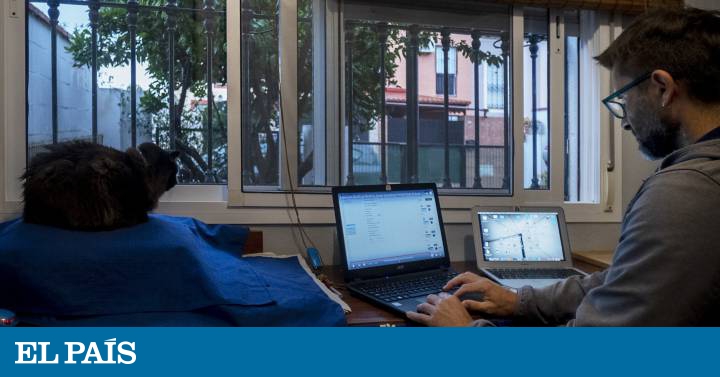A suggestive book recently fell into my hands: Memories of the Future (1968). One of the most geeky worksthat I have never read. Its author, Erich von Däniken, tries to demonstrate, with no scientific rigor, that the human being evolved thanks to the interstellar visits of beings from other planets. The proof is, according to him, in the representations of astronauts and spaceships in paintings and sculptures from prehistoric and pre-modern eras. It turns out that Von Däniken is a Swiss charlatan and swindler who has sold more than 65 million books and has popularized so-called "ancient aliens" on television and in movies. How is it possible that so many people around the world want to believe ideas that science denies without palliation? It is the same question asked today by all those who fight the conspiracy, disinformation and pseudoscience theories about the coronavirus. Although now what is at stake in our health. The "infodemic", as the World Health Organization has called it, fuels mistrust and fear, generates social alarm, fuels certain political agendas and aggravates the geopolitical confrontation, as explained by Carme Colomina, from CIDOB.
MORE INFORMATION
- The pandemic becomes an 'infodemic'
- The hoaxes in Spain: From censorship to Carmena's respirator
There are never a few calls to individual responsibility, critical thinking, the need to contrast with reliable sources. WHO itself has created a network to respond to hoaxes and disinformation and is working with technology platforms to combat them. The means of verification have proliferated. But the ease and speed of transmission offered by social networks, especially closed ones such as WhatsApp, along with the need to reinforce their own beliefs, to identify scapegoats, make it an asymmetric combat. A fight that should never be done at the cost of limiting freedom of expression, as a controversial question from the CIS survey recently seemed to suggest. In Spain, for example, the voice has been raised against the bad practice of press conferences with filtered questions.
Limiting freedom of expression especially threatens a press already cornered by multiple crises (economic, geopolitical, democratic, trustworthy, technological). "Many troubling trends will be exacerbated by the coronavirus," said Rosa Meneses of Reporters Without Borders at this week's presentation of her annual index. Massive censorship devices (China, Iran), greater restrictions on the work of journalists (Iraq, Algeria), direct attacks on the media and professionals by political leaders (Trump in the United States; Bolsonaro in Brazil), abusive laws with the excuse of stopping disinformation (Hungary, Singapore). Having timely and verified information is now more necessary than ever. Journalism is the best tool to combat hoaxes. Let us not allow fear of the virus to undermine one of the pillars of democracy, that an independent press becomes a mere memory of the future. Take good care of yourself and stay home.
You can follow EL PAÍS Opinion on Facebook, Twitter or subscribe here to the Newsletter.

